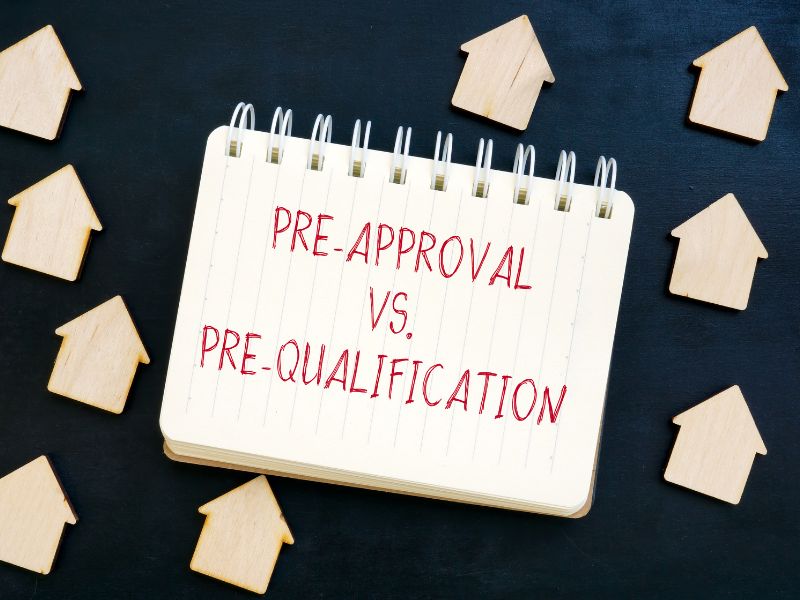 Pre-approval is often treated as the green light to shop at the top of a budget. However, the most successful buyers begin with a deeper conversation about comfort, lifestyle, and risk tolerance. A lender can determine what is possible, but only the buyer can determine what feels sustainable. Aligning personal comfort with financial approval creates long term stability.
Pre-approval is often treated as the green light to shop at the top of a budget. However, the most successful buyers begin with a deeper conversation about comfort, lifestyle, and risk tolerance. A lender can determine what is possible, but only the buyer can determine what feels sustainable. Aligning personal comfort with financial approval creates long term stability.
Define Monthly Comfort Clearly
A mortgage payment affects daily life. Buyers should evaluate how much room they want for savings, travel, hobbies, and unexpected expenses. Approval amounts are based on formulas, not personal goals. Comfort is individual. Defining it early prevents pressure later.
Plan for Future Changes
Income, family size, and career paths evolve. Buyers should consider how flexible their payment needs to be if life shifts. Conservative planning often provides greater peace of mind. A slightly lower purchase price may create freedom for years to come.
Turn Approval Into a Strategy Tool
Once buyers know their comfort range, pre-approval becomes powerful. It allows quick action within defined boundaries. Instead of chasing the highest number, buyers operate within a plan built on stability.
Pre-approval is important, but self-approval is foundational. When buyers define their limits thoughtfully, they move forward with clarity and confidence.
 Pre-approval and pre-qualification are terms commonly used in the context of mortgage loans, but they can also apply to other types of loans. While they sound similar, they have different meanings and implications in the loan application process:
Pre-approval and pre-qualification are terms commonly used in the context of mortgage loans, but they can also apply to other types of loans. While they sound similar, they have different meanings and implications in the loan application process: